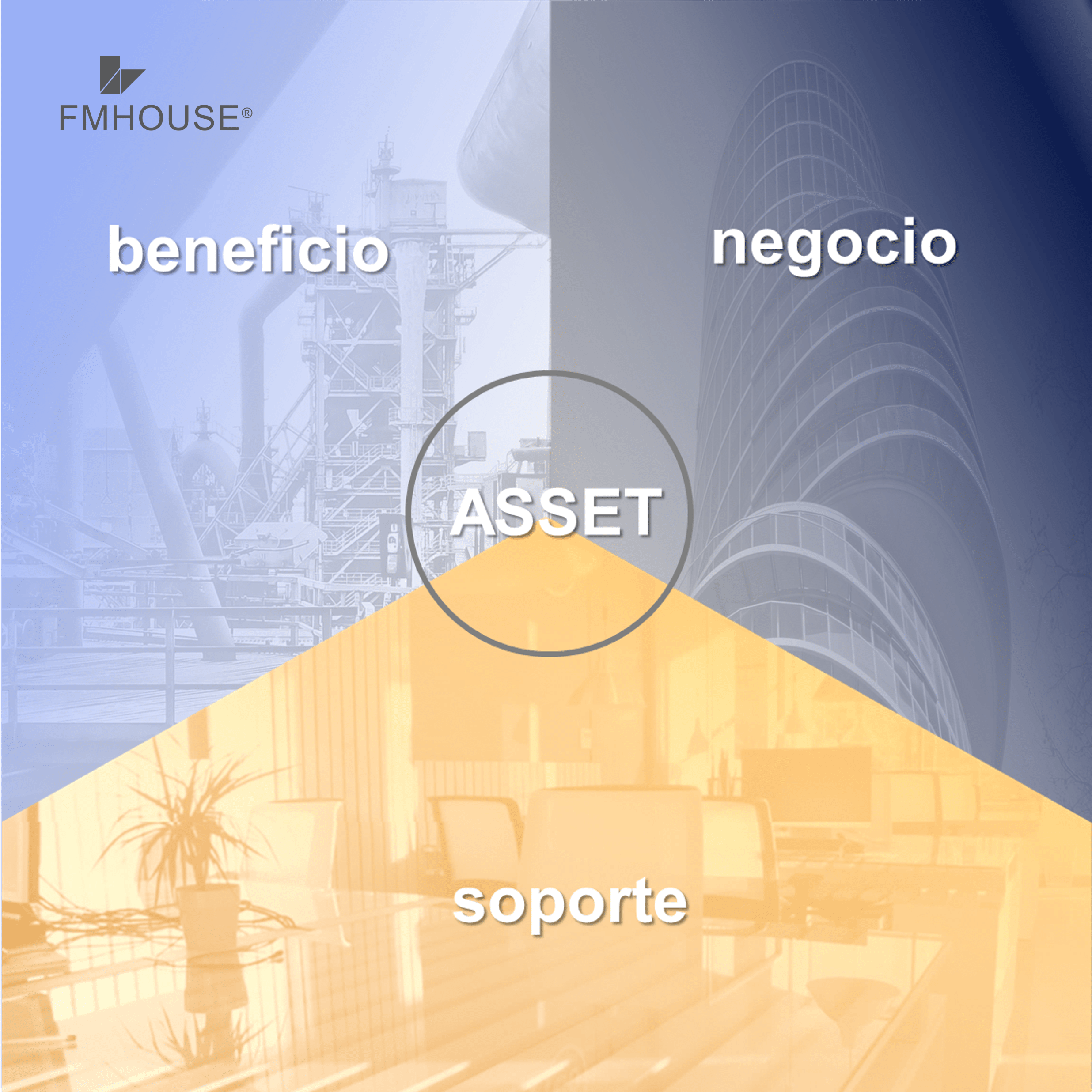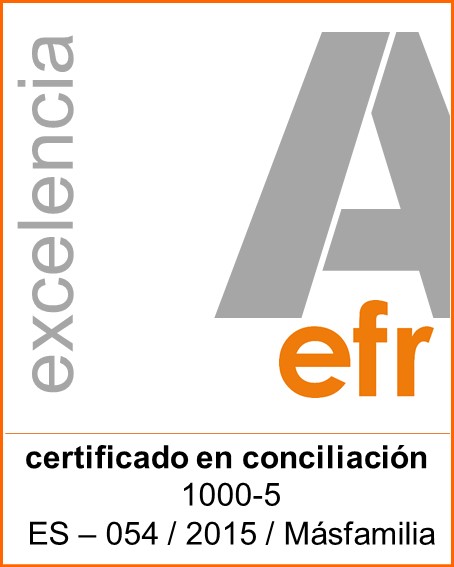The same word can mean different things depending on the environment in which it is used. If we think of Asset Management as a task, or Asset Manager as a person, the same terms have different functions and attributions depending on where they are used. The most important thing for us is the interaction between Asset and Facility Management, as it can influence the way in which projects or solutions are approached.
Regarding Profit
Real Estate activities aim to work with assets in order to obtain a return. In this sector, the Asset is a property that is operated and negotiated to meet the needs of the owners. These may be funds, family offices or other investors, yet they all wish the asset to give them an annual percentage on their investment. Care should be taken to ensure that the asset does not depreciate, rather it should increase in value. In RE, the concept of Asset Management is not usually used, as it would be another name for real estate activities.
With respect to the individual, in the world of RE, it is the Asset Manager who decides whether or not an asset becomes part of the real estate portfolio. It is an important, very well-paid position, and one which entails great responsibility since the impact of human error may be considerable. This person is in charge of property marketing and operations, and the teams in these areas typically report directly to him/her.
Regarding Business
Although people are most companies’ first priority, there are organizations that focus their activity on a different element. Take for example, a factory’s production line, an airline’s aircraft or an energy company’s supply distribution systems. If one of them fails, the business immediately grinds to a halt. These assets are the business itself and their care and management are at the very core of the organisation.
This is the environment where the concept of Asset Management is particularly relevant, owing to how it is connected to business operations. It is also the scope of application of the ISO 55000 family and its management system. The people who work in this area are responsible for asset operations and are experts in how they should be run. They are managers of the asset or maintenance departments, where the word asset is crucial for companies.
Regarding support
The third interpretation of Asset is made for the support area; hence it is related to Facility Management functions. In this case, asset management is not as relevant as in the previous section, since assets are used to provide support and are not necessarily part of the business. The international standard which is most relevant to this belongs to the ISO 41000 family, since in this instance, people are more important than assets.
With this approach, Asset Management is one of the 6 main areas of FM which maintenance strategies and activities hinge on. One should remember that, if the needs of the company can be met without using its own assets, or transferring risk, this becomes standard practice. Although the name of the professionals associated with this activity focuses on maintenance, the different nomenclatures and attributions which may appear can be seen in more detail in the wage report we publish.
The content of this article is the fruit of years of working on FM models for corporate, industrial and Real Estate environments. We have observed how there are scenarios where the company may have a combination of asset types and uses. It is essential to conceptualise terms correctly in order to be able to understand customer needs. We use all these concepts and approaches to structure our specific modules and training programmes.









